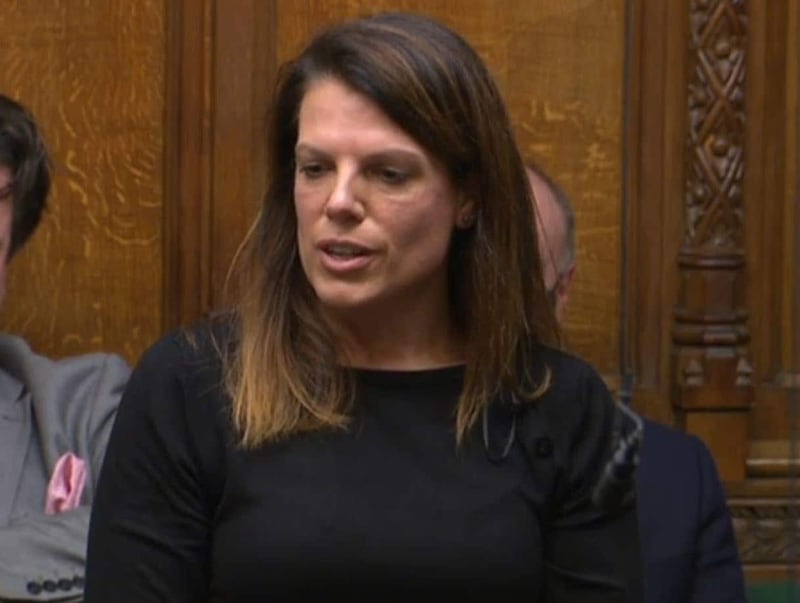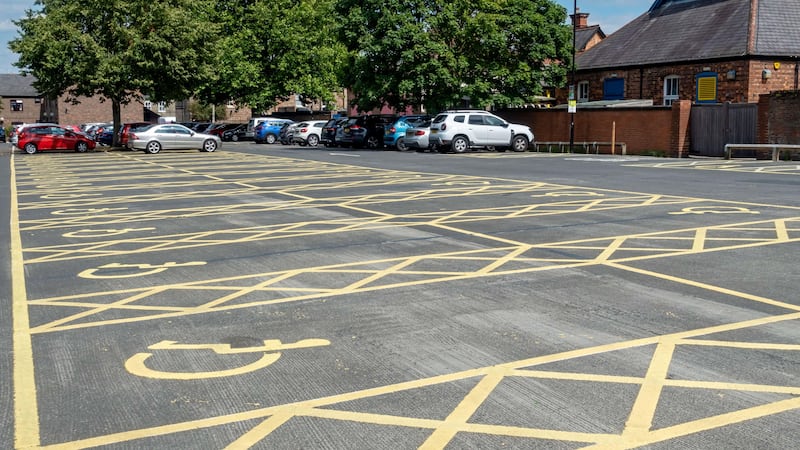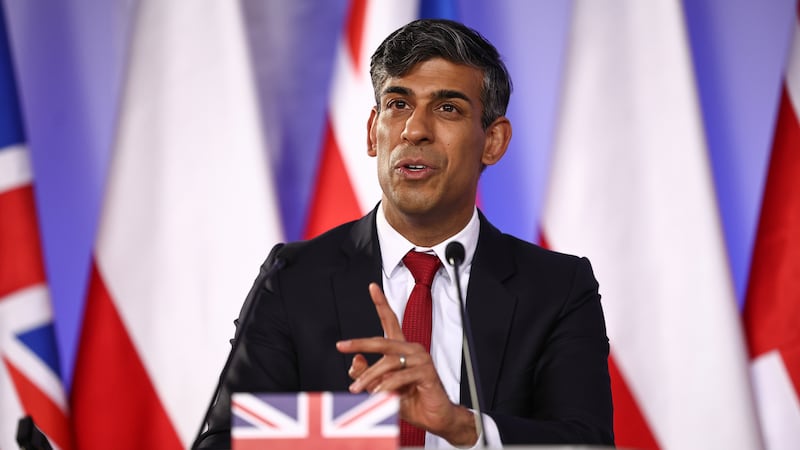Efforts by Government to engage with disabled people are seen as superficial as groups feel excluded from having meaningful input into policies which affect them, a report has warned.
The Government has failed to learn lessons from concerns raised over the development of the national disability strategy, aimed at setting out actions to improve the everyday lives of all disabled people, a committee of MPs said.
For policies on improving lives for people with disabilities to be effective, the Government must improve its engagement with disabled groups, by listening to and acting on what they want, the Women and Equalities Committee said.

The parliamentary group, chaired by Conservative MP Caroline Nokes, was scathing in its verdict on the Government’s strategy, saying it “does not resemble a strategy” but rather is “a list of uncoordinated and largely pre-existing short-term policies”.
The committee said the Government must, as a priority, work with disabled people to develop the strategy into a 10-year plan “with clear targets along the way”.
Disabled people were left feeling “disempowered” due to a lack of engagement on the strategy, the MPs said, with disabled people’s organisations telling the committee they had “no meaningful input”.
Groups including the Equality and Human Rights Commission and disability charities had also “repeatedly” asked the Government to increase engagement before launching the strategy, but the committee said “the Government did not”.
The MPs recommended that the Government appoint a national advisory group to review disability policy proposals, advise ministers on key issues, and develop, implement and monitor the strategy.
The report stated: “It is vital the Government improves its evidence base on disability if it is to respond appropriately to disabled people’s lived experiences.”
The committee also said Government had not included reference to its obligations under the United Nations (UN) Convention on the Rights of Persons with Disabilities (CRPD) in its national strategy.
The report said: “Despite having seven years to do so, the Government has made little to no progress against the UN committee’s recommendations following its 2016 investigation of the UK which found ‘grave or systemic violations’ of disabled people’s rights.”
The committee said the Government had “refused to attend” a meeting to give evidence to the UN in August, a move it branded “disrespectful to both the UN committee and disabled people”.
The report said: “The Government should set out why it refused to attend the meeting, how and by when it will implement the UN committee’s recommendations, and what specifically it is doing to ensure that the whole of government follows the principles of the treaty.”
Ms Nokes said: “Ministers need to work much more proactively with disabled groups and develop the national disability strategy beyond short-term actions that were already in progress.
“To support this approach, it should collaborate with disabled people to develop a 10-year strategy with an action plan for the first five years outlining clear targets and timescales for delivery.
“The Disability Unit should have the final say on all disability policy sitting in or originating from other government departments to ensure that the whole of government works towards the same long-term strategic objectives. It should also have the power to challenge relevant ministers.
“The Government needs to listen to the concerns that disabled people and their representative organisations had with the strategy, and work closely with them to deliver meaningful, long-lasting improvements to the lives of disabled people.”
A Government spokesperson said: “Listening to and amplifying the voices of disabled people is a key priority.
“We have run an accessible consultation, with 25 events including 15 roundtables and three public forums, on our new Disability Action Plan which will make an immediate and tangible difference to disabled people’s everyday lives in 2024.
“This sits alongside the National Disability Strategy which lays the foundations for long-term transformation.
“The minister for disabled people, along with the team who work in the Disability Unit, regularly meet with disabled people and the charities and organisations representing them.”








